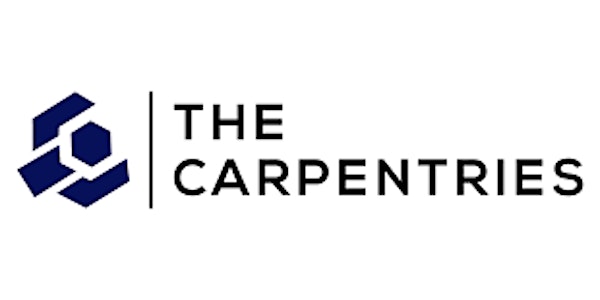
May 2020 Virtual Data Carpentry Workshop - Python
Date and time
Location
Online
Description
We are offering free registration to a virtual Data Carpentry Workshop in Python, held from 8.45 am - 12:30 pm on the mornings of Wednesday May 27 and Thursday May 28.
Registration is free, but if you can no longer attend please refund your ticket so we may offer the place to someone else.
The Carpentries mission is to build global capacity in essential data and computational skills for conducting efficient, open, and reproducible research. This hands-on workshop will cover an introduction to data analysis and visualisation in Python. Participants will be encouraged to help one another and to apply what they have learned to their own research problems.
For more information on what we teach and why, please see our paper "Best Practices for Scientific Computing".
Course Content:
-
Data analysis and visualisation in Python
Who: The course is aimed at postgraduate students and researchers who want to learn more about automation and reproducibility of their research. You don’t need to have any previous knowledge of the tools that will be presented at the workshop.
Where: Online (details to follow)
For syllabus and schedule see the event page: https://curtinic.github.io/2020-05-27-Curtin/
Requirements: Participants must have a laptop with a Mac, Linux, or Windows operating system (not a tablet, Chromebook, etc.) that they have administrative privileges on. They should have a few specific software packages installed (listed on the workshop webpage). They are also required to abide by the Carpentries Code of Conduct.
Contact: Please email CurtinIC@curtin.edu.au for more information.
Organised by
The Institute supports a growing network of SMEs, external organisations, government departments, researchers, co-operative research centres, and not-for-profits across various sectors such as, but not limited to, health sciences, manufacturing, transport, art and culture, astronomy, agriculture, and aquaculture. At present the Institute would typically contribute to 30-40 research projects per annum, working with over 50 external organisations.